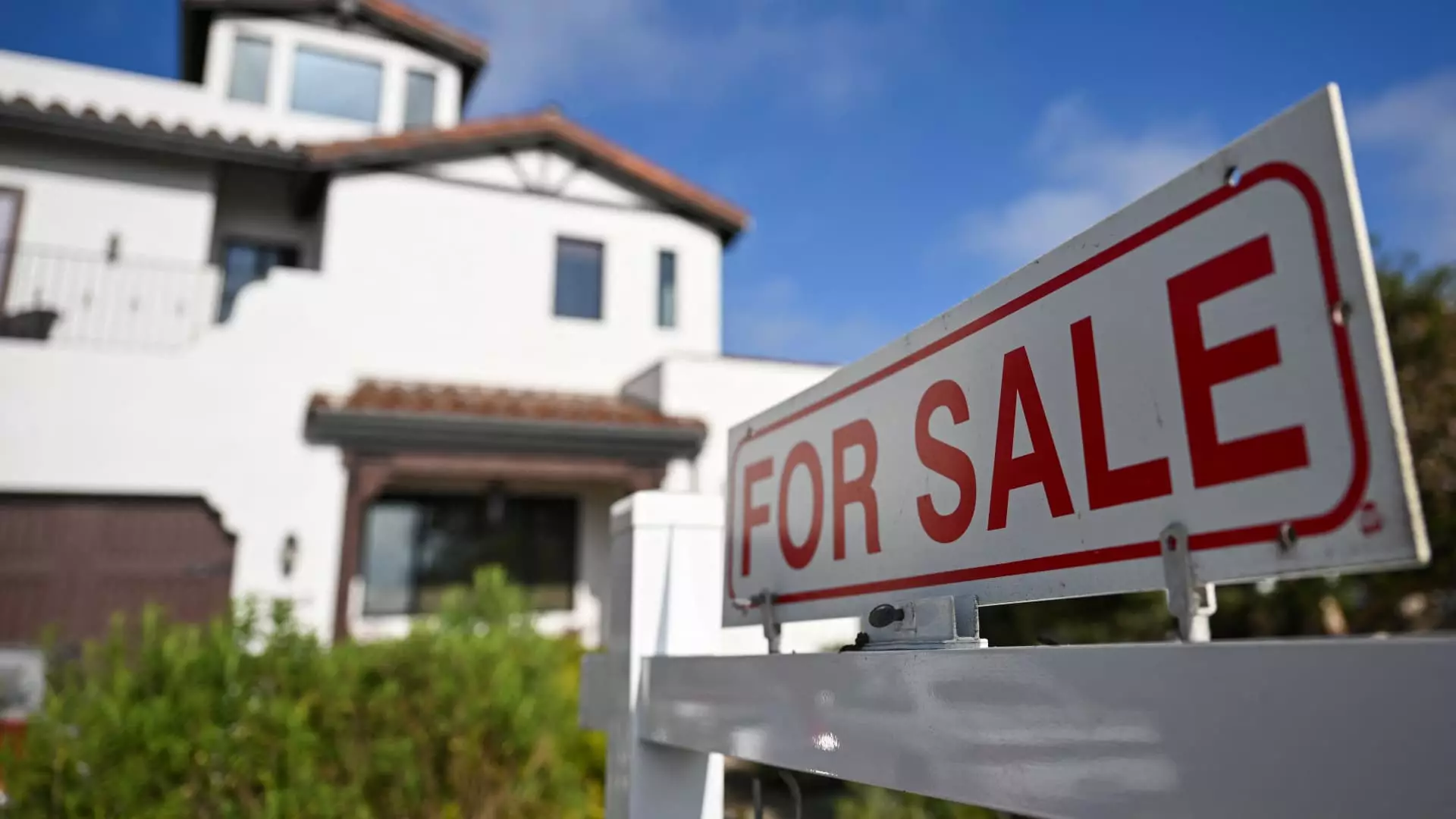In recent weeks, the housing market has experienced a notable shift, following a sharp increase in mortgage interest rates that has led to a decrease in demand from both prospective homebuyers and existing homeowners looking to refinance. According to the Mortgage Bankers Association (MBA), total mortgage application volume saw a significant drop of 5.1% statewide, indicating a worrying trend for the housing sector. This decline is particularly stark when considering the elevating average contract interest rate for 30-year fixed-rate mortgages, which has risen to 6.36%, marking the highest level witnessed since August of the previous year.
The rise in mortgage rates is a response to stronger-than-expected economic data, with the September jobs report playing a pivotal role in this dynamic. Mike Fratantoni, the chief economist at the MBA, highlighted that the increase signals changing financial landscapes for buyers and homeowners alike as they navigate heightened costs associated with monthly mortgage payments. Those looking to refinance their loans have been particularly impacted, with applications for refinancing plummeting by 9% over the past week. Interestingly, despite this decrease, refinancing applications are still up significantly—159% higher compared to the same week last year, painting a mixed picture of recovery for the mortgage market.
While refinancing has seen a dip, the appetite for home purchases remains rather stable. Applications for new home purchases were nearly unchanged, falling by a mere 0.1% from the previous week, but still indicating an 8% increase from the same week last year. This resilience suggests that buyers may be adjusting to the higher interest rate environment despite the compounded pressures of elevated home prices and limited inventory in the more affordable housing segment. The market’s tenuous balance speaks to a broader economic uncertainty where affordability continues to be a major hurdle.
The current mortgage landscape poses challenges that necessitate close monitoring. As reported by Mortgage News Daily, there was an uptick to an average of 6.62% for the 30-year fixed-rate mortgage following the recent employment report. As demand potentially wavers, questions arise regarding the sustainability of home prices and the overall health of the housing market. Although some experts suggest that the most severe increases in rates might be stabilizing, Matthew Graham, COO at Mortgage News Daily, cautions against downplaying the need for compelling economic data to drive rates lower again. Until such data emerges, both buyers and homeowners may need to brace for an extended period of elevated interest rates and their ramifications on purchasing power and overall market sentiment.
As mortgage rates climb alongside persistent inflationary pressures, the implications for both potential homebuyers and existing homeowners continue to evolve. The ongoing changes underscore the complexities of the housing market, marked by fluctuating buyer demand and refinancing activity against a backdrop of economic uncertainty.

